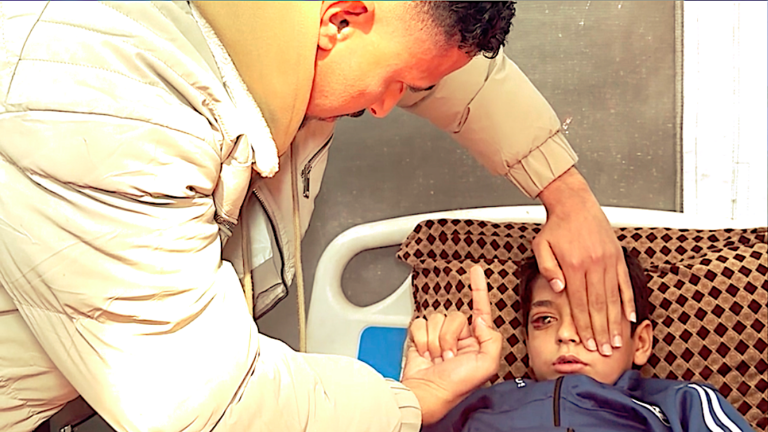
[the_ad_placement id=”adsense-in-feed”]
Odds of developing severe COVID-19 is as much as seven times higher in patients with obesity
Geneva: COVID-19 has preyed on people with non-communicable diseases such as cancer, cardiovascular disease, diabetes and respiratory disease, the World Health Organisation stated here on Friday. It pointed out that globally, NCDs and their risk factors were increasing vulnerability to COVID-19 infection and the likelihood of worse outcomes, including in younger people.
According to the WHO, the odds of developing severe COVID-19 had been found to be as much as seven times higher in patients with obesity. Smokers had been found to be one-and-a-half times more likely to have severe complications from COVID-19. And a systematic review had shown that people with diabetes were between 2-4 times more likely to have severe symptoms or die from COVID-19.
“The pandemic has underscored the urgency of addressing NCDs and their risk factors,” World Health Organisation Director-General Dr. Tedros Adhanom Ghebreyesus said here on Friday. “Because people with NCDs are at high risk of severe COVID-19, finding effective therapeutics for these patients is a high priority,” he added.
Dr. Ghebreyesus informed that the WHO had launched a set of publications developed under the UN NCD Inter-Agency Task Force that call for urgent action on NCDs during and beyond the pandemic.
“First, we call for the voices of people living with NCDs to be heard in all discussions about policies that directly affect them. Second, we call for global financing instruments to be extended to low-income countries that request support for NCDs. And third, we call for constructive and dialogue partnership with the private sector,” he said.
He further informed that during next week, which is Global Week for Action on NCDs, the focus would be on increasing accountability by governments, policy makers, industries, academia, and civil society to reduce the NCD burden globally and increase health and equality.
Speaking about his meetings with the foreign ministers from G20 countries, he said the focus of the discussion was on how together “we can reopen societies, economies and borders”.
“This is something WHO supports wholeheartedly. Lockdowns are a blunt instrument that have taken a heavy toll in many countries. With the right mix of targeted and tailored measures, further national lockdowns can be avoided,” he said. He pointed out that several countries are using a data-driven approach to drive a targeted response, which was allowing them to open up carefully and safely, while remaining ready to respond rapidly to any new clusters or amplifying events.
“Once again, I want to reiterate the four priorities –Prevent amplifying events; Empower people to protect themselves and others; Focus on the public health basics; And protect the vulnerable, including older people and those with underlying conditions,” he asserted.
– globalbihari bureau
[the_ad_placement id=”sidebar-feed”]





